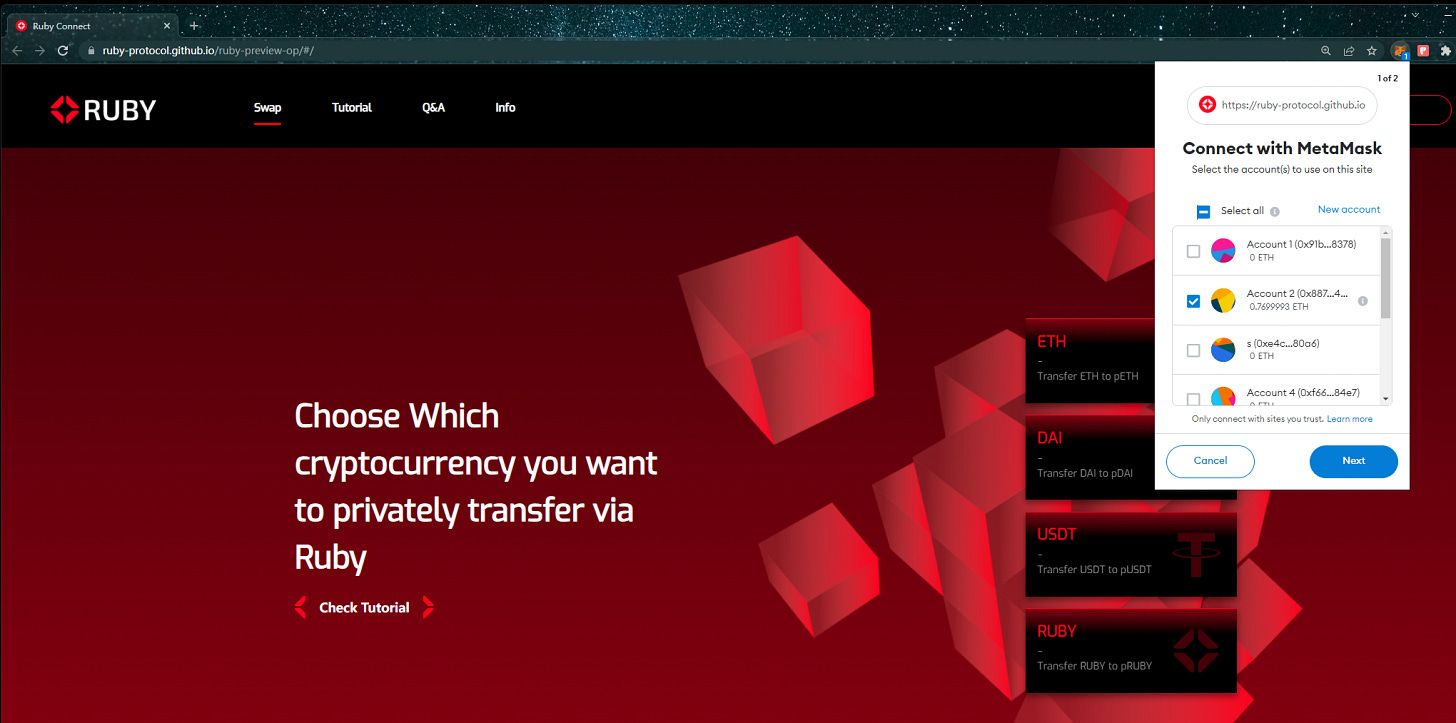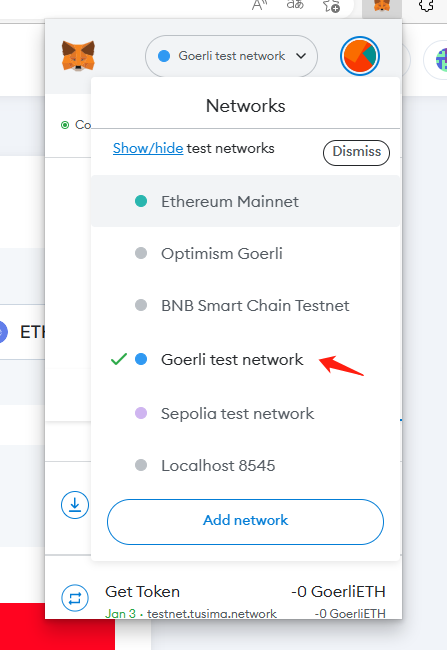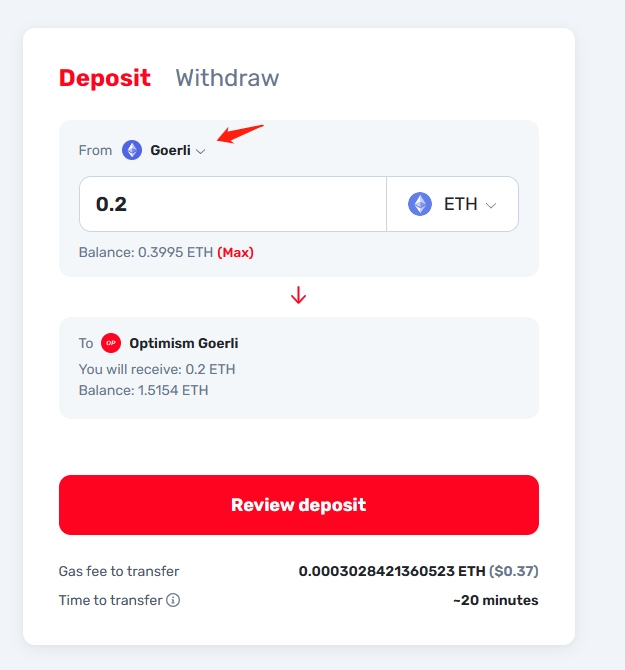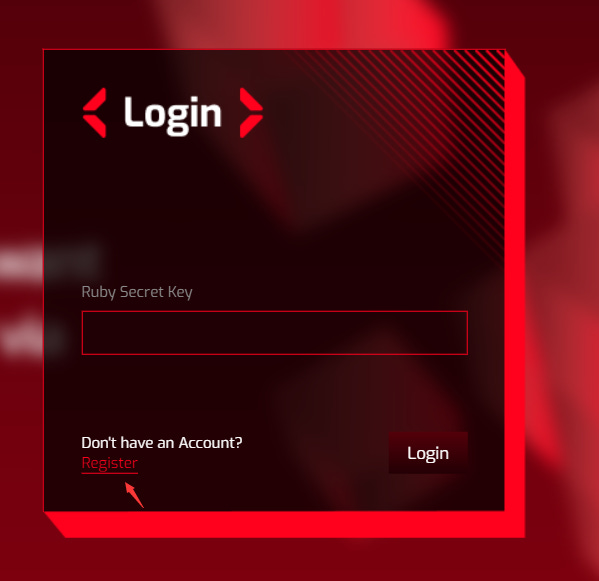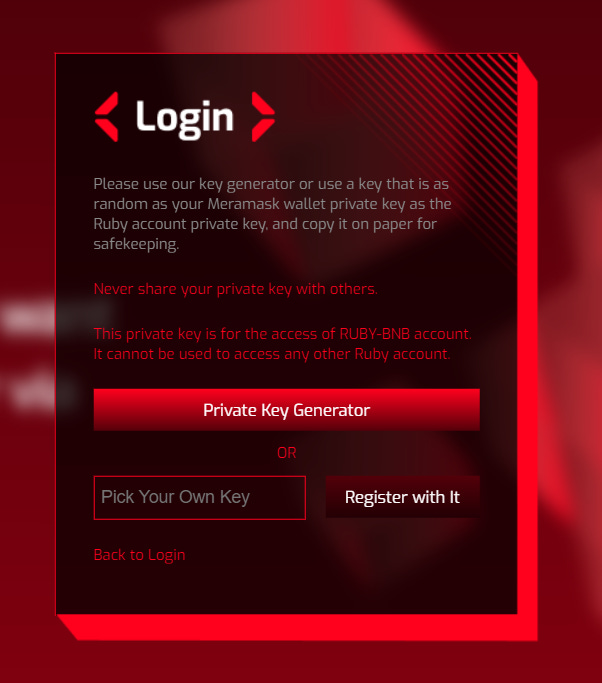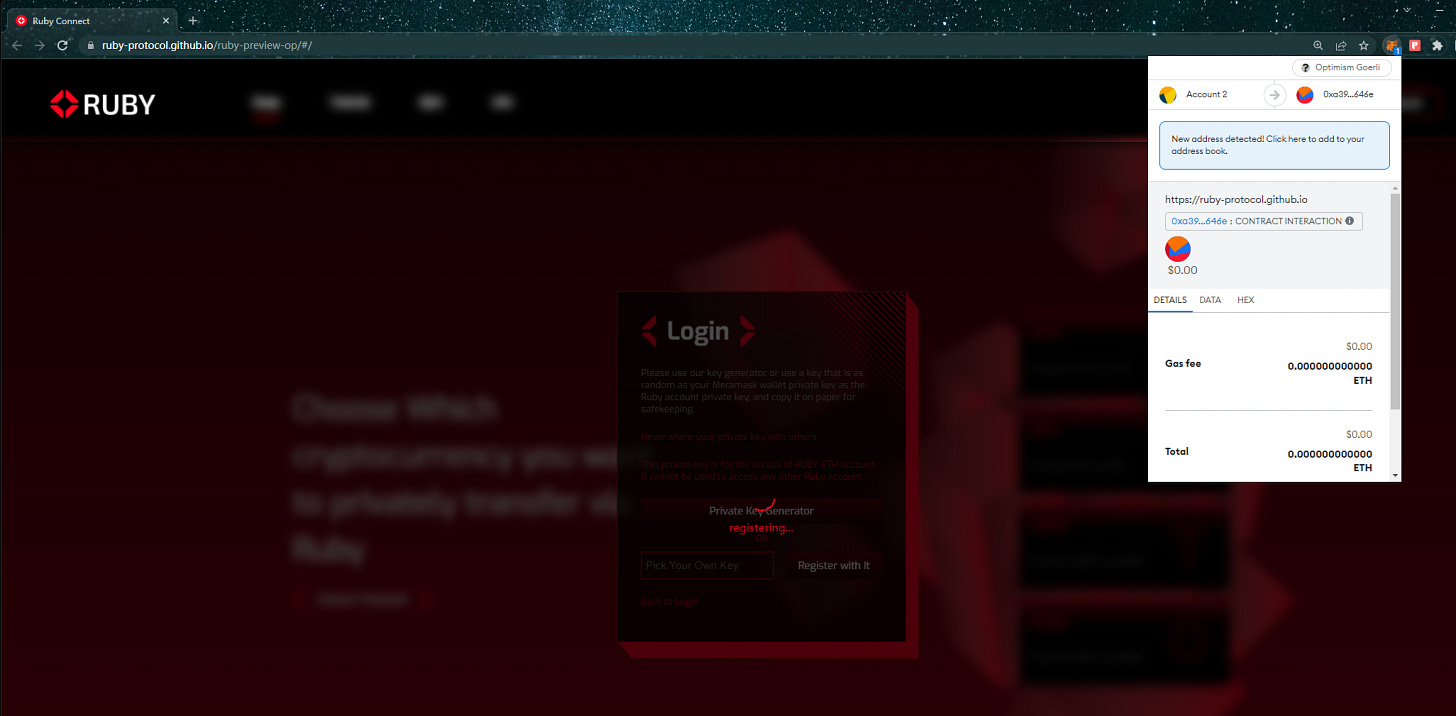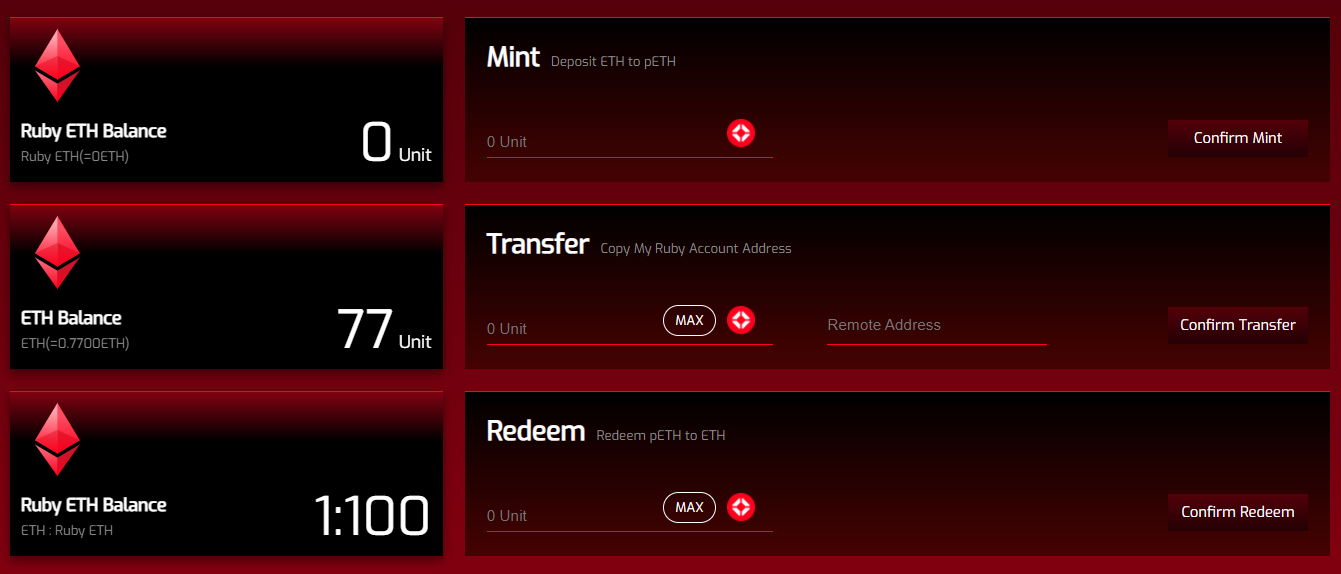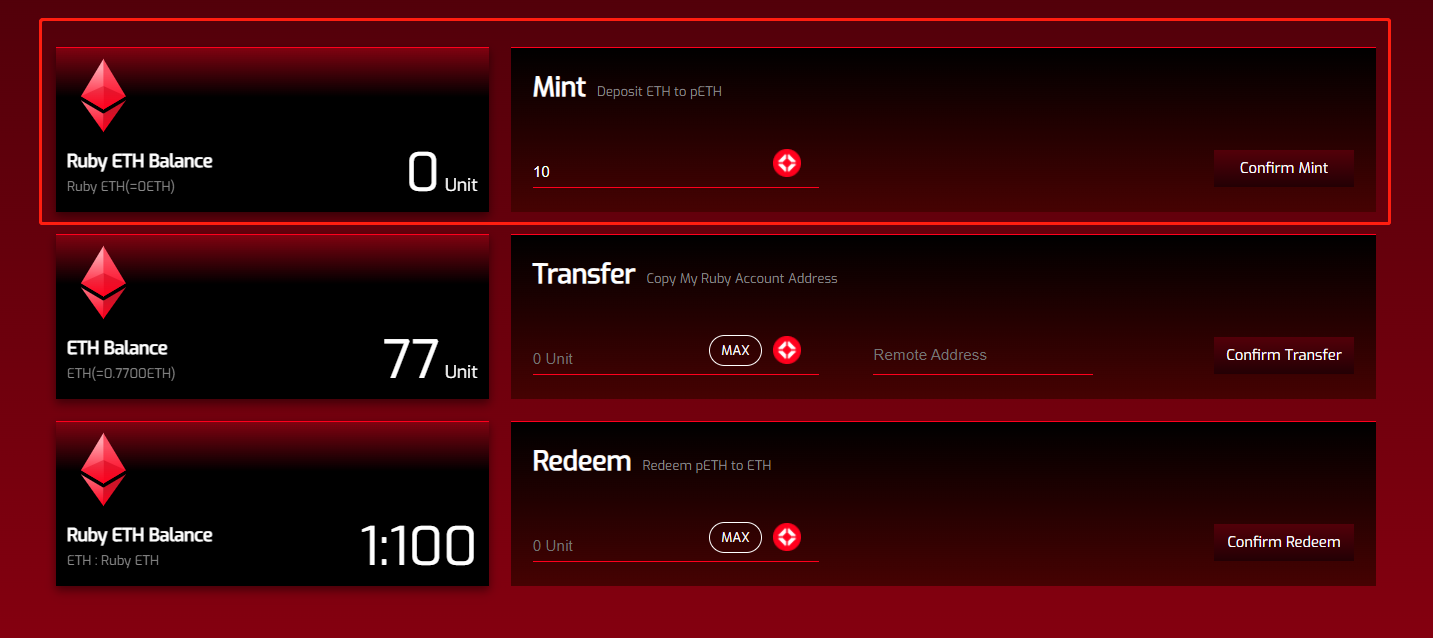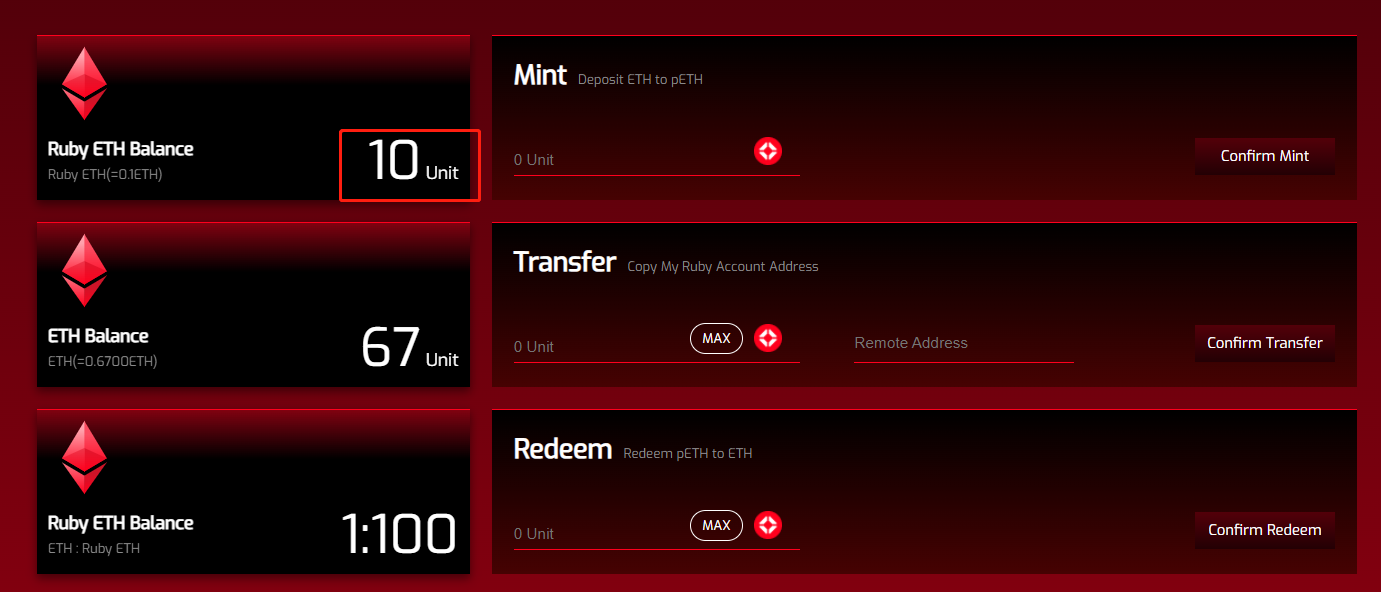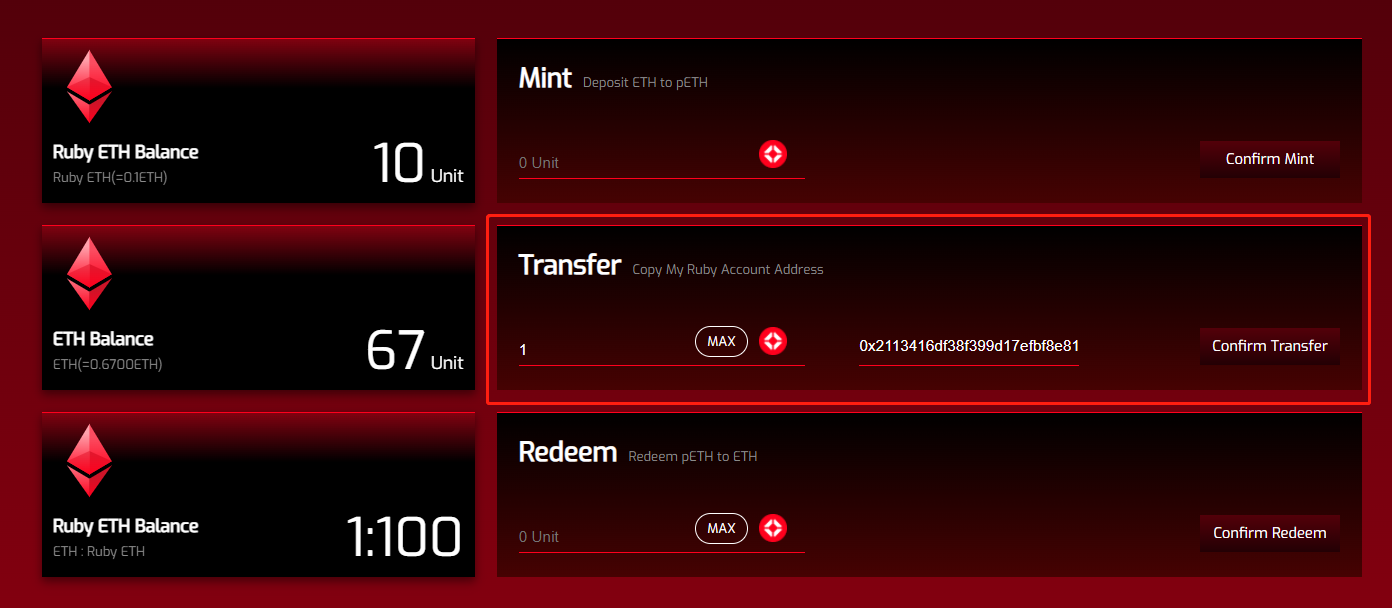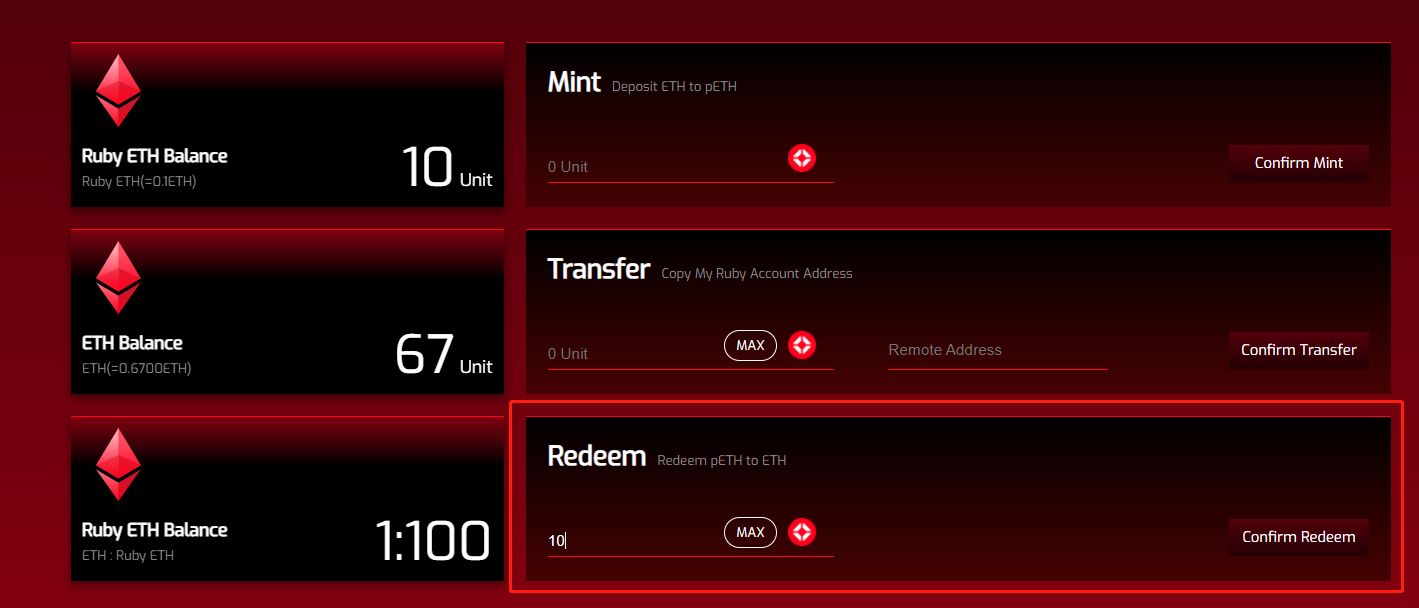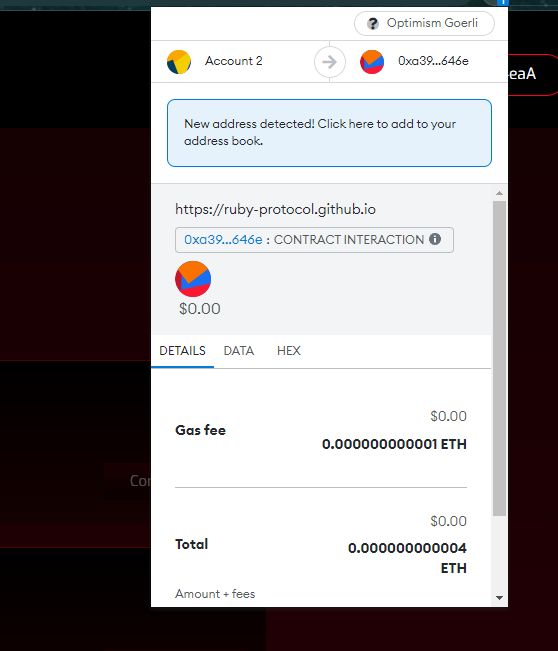Ruby protocol is a private data management framework for Web 3.0.
It proposes and implements a privacy middle-layer interacting with multi-chain. It is a fine-grained private data access-control gateway across different entities and organizations both in the decentralized and traditional financial world. Built on functional encryption, Ruby protocol will be the true embodiment of the decentralization spirit of the cryptocurrency movement.
All the encrypted data will be stored in a decentralized cloud such as IPFS. Decentralized functional encryption will be adopted to satisfy the users’ privacy needs. Moreover, our policy management layer will make sure the design of the underlying attribute and policy universe is well-tuned to the regulatory compliance requirement.
Ruby will also design and implement a private payment scheme tailored to monetize private data. Ruby protocol is not only the next-generation privacy protocol for Web 3.0 in a multi-chain world but also ready to open a brand-new chapter for Regulatory compliance in decentralized financial services. There is no official public sale or listing for Ruby Protocol.
Project Overview
The Decentralized Privacy-Centric Protocol for Web3
Bringing Privacy-as-a-Service to Web3
Ruby Protocol is a private data management framework for Web 3.0 that proposes and implements a privacy layer interacting with the multichain ecosystem. It is a fine-grained private data access-control gateway across different entities and organizations in the decentralized and traditional financial world.
Privacy Layer-1 Blockchain
Ruby’s modular approach to data sharing and privacy protection makes it the ideal building block for privacy-compatible smart contract Dapps, while also acting as a privacy layer for protocols and Dapps.
Zkp Cryptographic Infrastructure
Ruby utilizes Functional Encryption (FE), a leading-edge cryptographic solution that enables users to encrypt sensitive information on-chain, which holders of an approved private key can only decrypt.
Bridging Institutions and Cryptos
Ruby protocol is not only the next-generation privacy protocol for Web 3.0 in a multi-chain world but also ready to open a brand-new chapter for regulation-compliant decentralized financial service.
Multichain Compatibility
Ruby Protocol will be compatible with different blockchains, including Polkadot, Ethereum, BNB Chain, Solana, Avalanche, Polygon, etc. It is the ultimate solution to access control with privacy.
Interoperability and Composability
Built to be the privacy protocol compatible with the multichain ecosystem, Ruby collators produce block candidates that are approved by Ruby nodes and validators. Once the block is accepted by the validators it will be added to the Ruby mainnet.
Access Control with Privacy
Private KYC and Authentication
It focuses on performing KYC, such as biometric authentication, without leaking private identity information. The functional encryption will guarantee that only controlled KYC information is revealed to the entity users are trying to authenticate. It will ensure user data and identity confidentiality while performing the KYC step.
NFT-gated or DID-gated Access
The trend shows that future access to various digital or physical experiences is likely to be gated by NFT or DID. Functional encryption serves as a natural mechanism to enforce any access-control policy defined on either NFT or DID. Combined with smart-contract-based access control, it has the power to fundamentally redefine fine-grained access as a utility for both NFT and DID.
Regulatory-Compliant Asset Ownership
Ruby’s FE smart contracts are privacy-centric and underlie the relationship between asset owners and custodians. The bug-free and algorithmically correct code can ensure the ownership of any digital asset. Its access control mechanisms can define who can own and transfer a specific asset in a regulatory compliant manner.
Auditing and Compliance
Ruby Protocol’s privacy solution embodies the built-in attributes of data programmability, traceability, and verifiability, all of which will lead to greater adoption of distributed applications in auditing automation and compliance monitoring, and it will guarantee high assurance. Ruby Protocol’s solution can serve as a fundamental tool for TradFi to transit to DeFi.
Private Payment and Asset Management
To issue private tokens, addresses, asset types, transaction amounts, and credentials can be protected from the world. Viewing keys can be customized to reveal any combination of transaction details relating to sender and recipient addresses, input and output amounts, and identity attestations.
Privacy-preserving Cloud Computing
Protecting users’ data privacy when the users upload their encrypted private data to the cloud. Through privacy-preserving machine learning and labeling based on functional encryption, the Web 2.0 cloud computing business model via selling users’ privacy will be revolutionized.
Key Features
Privacy-Centric Web3 Dapps
Ruby’s FE smart contracts will serve as the foundation for privacy-centric smart contract Dapps built on the native Ruby blockchain. This will also act as a privacy layer for protocols and Web3 Dapps.
Multiple Native Crypto Use-cases
Ruby can serve as a fine-grained access control gateway for data flow in different application scenarios, including private data sharing platform between TradFi and DeFi, NFT-gated or DID-gated access control, and regulatory-compliant tokenized security issuance, etc. Its flexibility makes it applicable across multiple industries and use-cases.
Privacy-as-a-Service
Our access control policy will be well-defined so that it is attuned to the specific application scenarios. A too general access control policy might render it unusable in reality given it might reveal too little information about the users. Therefore, the stakeholders of Ruby will periodically update the policy management standard.
Attribute and Policy Revocability
Since the attribute value or attribute policy for a secret key might change with time, we should provide a mechanism to revoke the respective secret key. For instance, consider the attribute age" a user's age constantly changes as time goes by.
ZKP and Micropayment
Ruby employs the ZKP and micropayment schemes in our system architecture to build a data monetization framework that can accrue the value transferred across different actors to the Ruby token.
Decentralization and Data Monetization
All the encrypted data will be stored in a decentralized cloud such as IPFS. Decentralized functional encryption will be adopted to satisfy the users’ privacy needs. Ruby will also design and implement a private payment scheme tailored explicitly for the monetization of private data.
Connect Your Wallet
To experience Ruby Protocol's PoC, you must go to our product page and connect your Web3 wallet on Optimism Goerli. Then your MetaMask will pop up automatically. Please select an address you wish to interact with while using PoC.
Test Tokens & Faucets
Ruby Connect is now running on Optimism Goerli, therefore the very step to experiencing our PoC is to acquire the test tokens.
Goerli Faucet
If you do not have any GoerliETH yet, we recommend getting it from Alchemy's faucet here.
Bridging to Optimism Goerli
To get the test token for Ruby Connect, it is recommended that you should bridge tokens from Goerli to Optimism Goerli via https://app.optimism.io/bridge.
Switch network in metamask.
Make sure the source network is switched to Goerli.
Then you can proceed to deposit the amount you like and experience Ruby PoC.
Bridging takes time, please wait patiently.
Ruby Account Registration
Register Your Ruby Account
To register a Ruby Account, simply click "Register".
There will be two ways to do so. You can choose "Private Key Generator" or "Pick Your Own Key". As the name indicates, the key generator will automatically generate a secret key for you.
Click "Confirm" and complete your Metamask wallet transaction. A text file will be downloaded automatically to your device, which you ought to store it safely since it holds the private key to access your account.
If you select "Pick Your Own Key", please bear it in mind that it is your sole responsibility to set a solid private key. We require your private key to be between 16-64 characters long and contain at least one (1) lowercase letter and one (1) number. Please note that if you lose your private key, there will be no way to access your Ruby Account.
If you lose your private key, there will be no way to access your Ruby Account.
Ruby Account Login
Log Into Your Ruby Account
If you already have a Ruby Account, input your private key into the “Input Your Private Key” window and click “Login”. Once your wallet is connected, you will log into your Ruby Account.
Finding Your Ruby Account Address
Click on "My Ruby Account Address" in the Transfer module to copy & paste your address.
Please be noted that this address is only to receive Privacy Token on Ruby’s PoC. PLEASE DO NOT use your usual ERC-20 or BEP-20 address as a receiving address.
Privacy Token Minting
Mint Privacy Tokens (e.g. ETH -> pETH)
Select the token you wish to transfer privately.
Input your private key to log into your Ruby account.
Enter the amount to mint. Please note that the unit ratio for each token is different. (e.g., 1 ETH = 100 Units of pETH)
Click "Confirm Mint" to get your privacy tokens. Your Ruby account will display your minted privacy token's in units, and your MetaMask account will change accordingly.
Privacy tokens, which are anonymized versions of their native tokens, are presented as "p" + the name of the native token. So, for example, privatized $ETH will be listed as pETH on the Ruby PoC, $USDT will be listed as pUSDT, and so on.
Transfer Privacy Tokens
Transfer Privacy Tokens
Select the token you wish to transfer privately.
Input your private key and log into your Ruby Account.
Enter the amount and the receiver's Public Ruby Address to transfer the tokens.
Click "Confirm Transfer" to complete the privacy token transfer.
Redeem Privacy Tokens
Redeem Privacy Tokens
Select the token you wish to redeem privately.
Input your private key and log into your Ruby Account.
Enter the amount you want to redeem.
Privacy tokens in your Ruby Account = Full amount - Redeemed - gas fees.
The amount of privacy tokens in your Ruby Account will be reduced by the entered amount and the same amount of native tokens, and minus the gas fees.
Done.Congrats!


